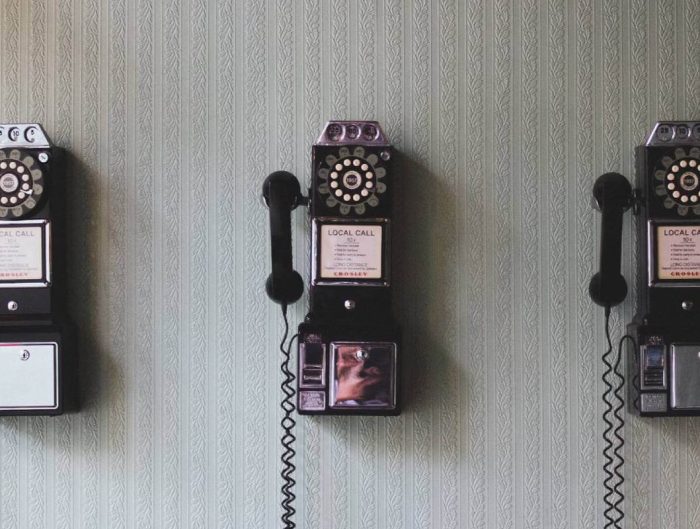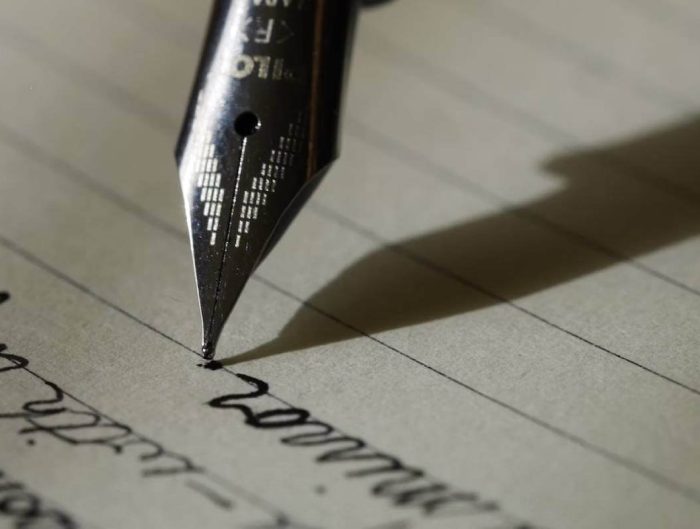¡Ya es hora de aprender inglés de una manera sencilla y en solo 5 minutos! ¿Tienes problemas con las palabras que tienen el mismo significado? Don’t worry! En esta publicación del BRITÁNICO te enseñaremos un poco más sobre el uso de “as well”, “too” y “also”; para que puedas dominarlo sin problemas en tus oraciones. ¡No olvides compartir este post con tus amigos y compañeros de clase! 😀
La diferencia entre as well, too y also en las oraciones en inglés
El uso del “also” en las oraciones
“Also” se sitúa:
1) Después del verbo “to be”.
Ejemplo:
– He was also at home.
– We are also going to the restaurant.
– I was also at the concert.
– She is also studying French and German.
2) Antes de un verbo.
Ejemplo:
– I also go running in the same park.
– The lawyer also agreed with the Judge.
– He works very hard and he also goes to university every night.
– Adrianne is a good painter and she also practices sculpture.
3) Después de un modal verb (will, would, can, could, must, should, may, might).
Ejemplo:
– James can play the guitar very well, and he can also play the piano.
– If you don’t fancy food, we could also order something small.
– My cousins will also come round this Thursday.
4) Al principio de una oración, antes de una coma, para resaltar la información que le sigue.
Ejemplo:
– We can go to the spa together. Also, we could invite Rita this time.
– This house needs cleaning. Also, it needs new furniture.
– You should have a barbecue party. Also, I could help you to clean the house if you like.
– I’m not busy today, we can go to the mall! Also, we can play videogames all day or watch movies.
► No te pierdas: ¿Cuándo y cómo se debe utilizar “too” y “very”?
El uso del “too” en las oraciones
La palabra “too” se utiliza mayormente en respuestas cortas y en expresiones para devolver deseos o saludos para la otra persona, por ejemplo: “I love you, too”. Se usa generalmente en conversaciones más que en escrito.
Se emplea:
1) Al final de una oración.
Ejemplo:
– The English exam will be this Tuesday, too.
– My favourite band is The Beatles, too.
– I’ll go to the party tonight, too.
– She bought some snacks, too.
2) Se utiliza “too” al comienzo de una oración y entre comas. Este uso es formal y mayormente utilizado en inglés escrito.
Ejemplo:
– We, too, were shocked when we heard the news.
– I, too, will promote a campaign to collect provisions for people in need.
– We, too, are part of this problem, and we’ll resolve it very soon.
– I, too, have been very glad to win the prize with my wonderful team.
► También puedes leer: ¿Cuándo se debe utilizar “see”, “look (at)” y “watch”?
El uso de “as well” en las oraciones
“As well” también va al final de los enunciados, al igual que “too”, pero es más informal.
1) Al final de las oraciones.
– Mandy likes reading many books, she wants to be a writer as well.
– My son wants fish and chips, and he wants a cold soda as well.
– Tom and Mark came to the concert as well.
– I’ll be very late at home as well.
Ojo, hay otros usos más avanzados de estas palabras y puedes encontrar ejemplos y explicaciones en diccionarios online como Longman y Cambridge.
Esperamos que esta información te sea de muchísima ayuda en tu aprendizaje. No te olvides de practicar todos los días y pasear frecuentemente por nuestro blog, too 😉 See you soon!
Te recomendamos las siguientes lecturas:
– ¿Cuándo se debe usar “wish” y “hope”? – Parte I
– ¿Cuándo usar “tell” y “say” en nuestras conversaciones?
– ¿Cuándo se debe usar “do” y “make”?












1 Comentario
Me gusta mucho la metodología y los ejemplos, que aclaran mucho las dudas.Gracias